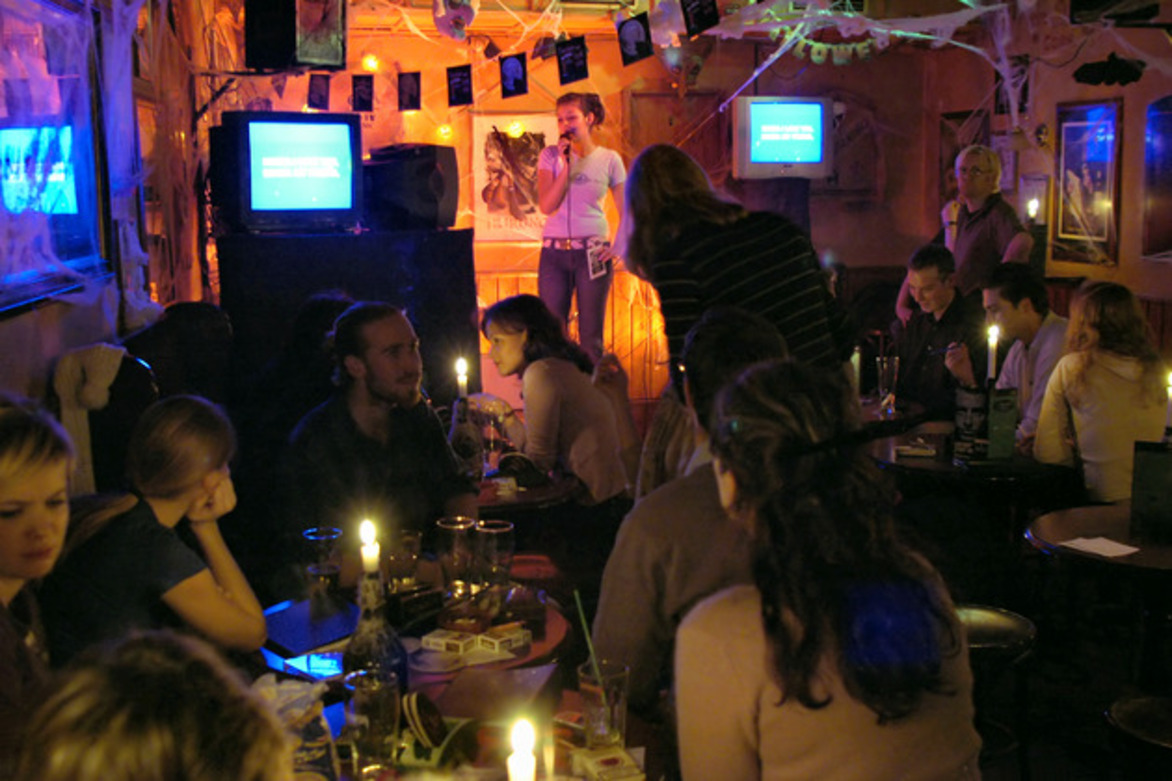Report shows adults in Ireland drinking less than before
Mohan Sinha
12 Jun 2025

DUBLIN, Ireland: Alcohol consumption by adults in Ireland has dropped by nearly five percent in the past year, continuing a long-term decline seen over the last 25 years.
A new report by economist Anthony Foley shows that the average adult drank 9.49 liters of pure alcohol last year, a 4.5 percent drop from the previous year. This marks a decrease of over one-third (34.3 percent) since 2001.
Total alcohol consumption in the country fell by 2.4 percent last year to 41.5 million liters. When adjusted for a 2.3 percent increase in population, this results in a 4.5 percent decline per person.
The report also shows changing drinking preferences in Ireland. Beer remained the most popular drink, making up 43.3 percent of the market, even though overall beer consumption dropped. Wine came in second with a 28.2 percent share—up from just 13.2 percent in 2000. Meanwhile, spirits dropped to 22.3 percent and cider to 6.1 percent.
The report was commissioned by the Drinks Industry Group of Ireland (DIGI), which said the findings show that Irish people are drinking more responsibly.
Other recent data supports this trend. The 2022 report by the Organization for Economic Cooperation and Development (OECD) showed that Ireland now ranks below France, Spain, and Austria in alcohol consumption. A separate Health Research Board study also found Ireland to be at average levels compared to the European Union and OECD.
Donall O'Keeffe, Secretary of DIGI and CEO of the Licensed Vintners Association said the report reflects a steady 25-year trend of more moderate drinking.
He also called on the government to reduce excise taxes on alcohol, noting that Ireland still has the second-highest excise rates in Europe. With alcohol use now at European averages and non-alcoholic drink sales on the rise, he argued that high taxes are no longer justified.
O'Keeffe said small pubs and restaurants, especially in rural areas, are struggling due to rising costs like wages, energy, and insurance. He believes cutting excise tax would help these businesses survive and continue serving their communities and tourists.
DIGI plans to ask for a 10 percent excise tax cut in the upcoming budget as an urgent step to support the hospitality sector.
The report used data from the Central Statistics Office and Revenue Commissioners and was prepared by Prof. Foley, Associate Professor Emeritus at Dublin City University.
